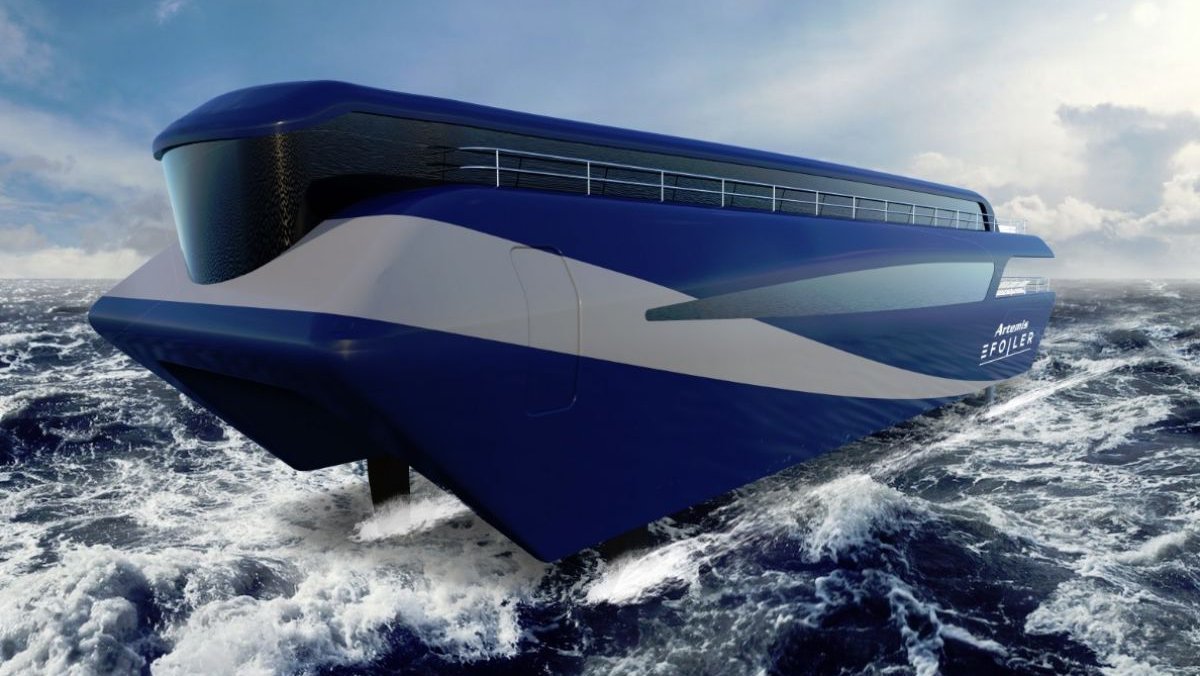Blog: Maritime Industry ready to play its part in fighting climate crisis

Throughout the history of industry, every so often there comes a moment in time when a development, either through ingenious invention or simply by accident, results in a change so seismic it alters the way we all live and work.
Consider some of the creations of the industrial revolution, the steam engine, the typewriter and the internal combustion engine, each of them fundamentally changing the way in which the world around them operated. More recent advancements such as the internet or the smartphone have done exactly the same.
We now stand at another moment in time, on this occasion brought about by an urgent requirement to respond to the climate emergency through decarbonisation and the driving down of CO2 emissions.
For the maritime sector, not just here in the UK but across the globe, it is arguably the greatest challenge we have or will ever encounter.
Getting the response right is not just our responsibility however, but rests on the shoulders of society as a whole.
The pledge earlier this year from government of £206 million to support the transition to net zero, announced as part of its updated shipbuilding strategy was therefore hugely welcome.
If we are to make the move to a net zero world, and maritime is to play its part, it is vital there is yet greater investment in both R&D and infrastructure projects. Alternative forms of transport like cars and trains have been subsidised by public provision of roads and tracks.
Maritime can increasingly be part of the multimodal solution for decarbonising not only the movement of goods but also public transport in our cities, and lifeline services in our coastal communities.
To make this happen the UK’s new unit for reducing shipping emissions, UK SHORE, must match the commitment shown in road and railways with a nationwide roll out of zero emission vessels and related infrastructure.
This year we’re launching the first of our new class zero-emission vessels from our R&D and manufacturing hub in Belfast.
Development of the world’s first commercially viable electric foiling fast ferry is also well under way with a pilot water taxi scheme set to commence in 2024.
The project is being carried out with our partners in the Belfast Maritime Consortium, which has benefited from more than £33m in government grant aid.
That has allowed us to capitalise on the tremendous strength in Northern Ireland, paving the way for the creation of hundreds of jobs and laying the foundations for future commercial opportunities and countless development pathways.
The choice of the city as our base is an obvious one, given the rich shipbuilding heritage of this place and Northern Ireland’s incredible depth of talent in the spheres of aerospace and composite manufacturing – key requirements in the development of what is essentially a ‘flying boat’.
Combined with our knowhow in advanced yacht design, gained at the very height of competitive sailing as sister company to the Artemis Racing team, there is a huge opportunity for this part of the world to harness those capabilities and make a global impact.
I believe the boats we’ll create, alongside the growing emergence of electric vehicles and the increasing adoption of renewable energy, is the latest seismic change that will impact all of our lives.
Governments and policy makers here and across the globe must ensure industry receives the financial support it needs to create these zero emission solutions, and that infrastructure is made ready as we build the vessels required for a green transport system of the future.
This blog was written as a feature for the 2022 State of the Maritime Nation Report.
